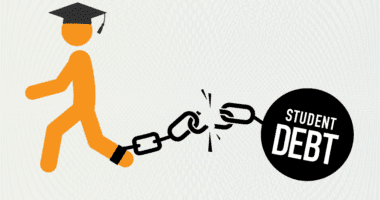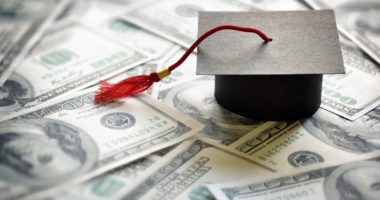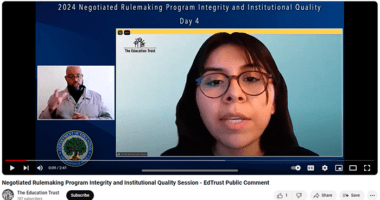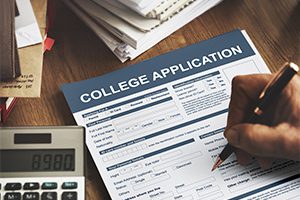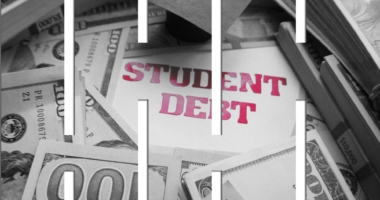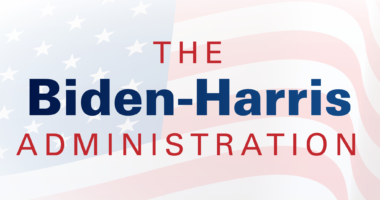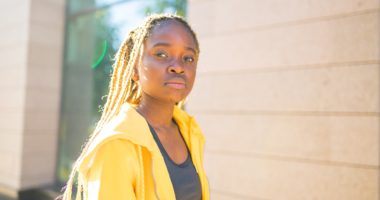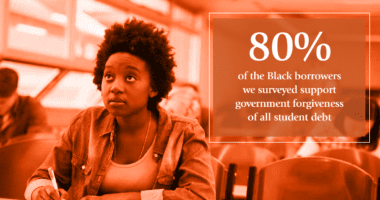News on Taking the Student Loan Fight to Individual Colleges
UPDATED
In response to a wave of student, alumni, and advocate activism, this week the University of Virginia (U.Va.) flipped on financial aid. Although they’d never admit it, U.Va. effectively reversed course on a planned cut to its no-loan, grant aid program directed at increasing the number of low-income students enrolled.
Six months ago, U.Va. announced it would end the no-loan provision of its AccessUVa financial aid program for prospective students from the lowest income families, in order to save $6.5 million four years from now ($1.5 million this year). They ended AccessUVa’s promise only for students from the poorest families, not those from middle- or upper-income families — quite a move by a public institution of higher education that already ranks in the bottom 5 percent of colleges nationally on low-income student enrollment, has a more than $5 billion endowment, and just opened a $12 million squash center.
The I AM NOT A LOAN campaign, powered by students and advocates nationwide, decided to call out U.Va. for its bad behavior. Civil rights groups, including NAACP, state officials, and local school boards all weighed in. Ed Trust’s Mary Nyugen Barry, a U.Va. alum, started a viral campaign gathering almost 9,000 signatures in opposition. Bloggers in particular, and local, trade, and national media took notice.
It seems the pressure worked. In a gesture that could be life-changing for students, U.Va. Board Member John Griffin, also an alum, kicked off a new, need-driven financial aid initiative with a single donation of $4 million. The goal is to raise — through matching donations — a total of $8 million for need-driven grant aid over the next four years. Some $2 million will go toward a “new” Blue Ridge scholarship for high-achieving, undergraduate students with high financial need, while the other $6 million will help build AccessUVa’s endowment. Already, a single $150,000 matching contribution came in Tuesday.
Good for low-income students, good for U.Va., and good for the country. And tip of the hat to President Obama whose recent White House summit called on colleges, including U.Va. which participated, to do a better job on low-income student enrollment and college affordability.
But there’s a bigger signal here: In the college affordability fight, advocates aren’t going to let super wealthy institutions that have appallingly low enrollments of low-income students continue to do business as usual.
What’s more though, we think and others seem to think as well, is that there’s an opportunity for synergy here. There’s potential for political leader frustration and grassroots outrage with colleges that don’t meaningfully commit to student body diversity to combine with overall middle class anxiety about college affordability. Together, those forces could propel a healthy re-imagination of our shared responsibility to close gaps in postsecondary education opportunity and achievement.
Watch for more to come.

